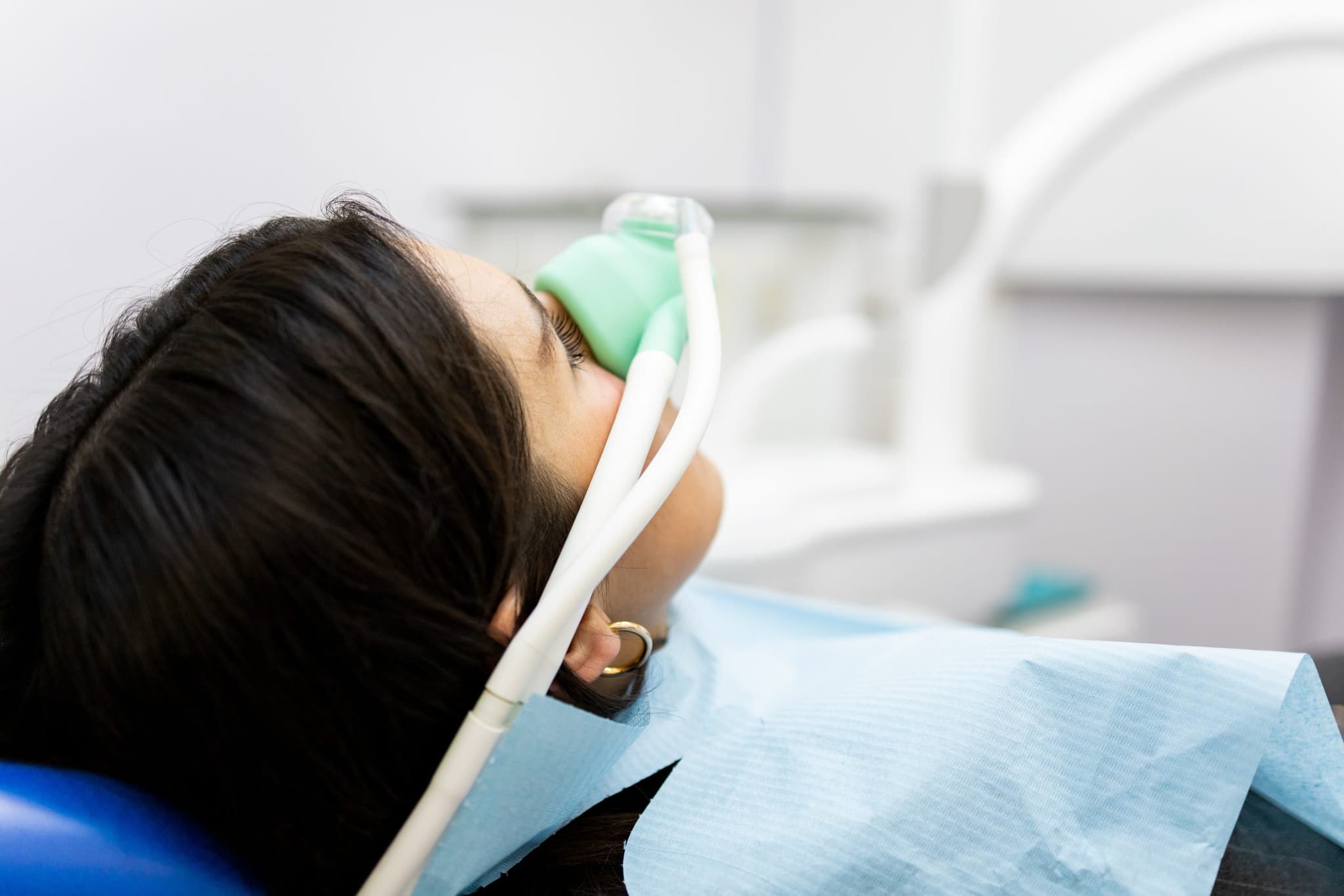From adolescence through adulthood, women experience an important process called the menstrual cycle. As women age, however, this process stops and the body enters another important phase known as menopause, which begins 12 months after the body’s final menstrual period.
Menopause is a natural process that occurs in all women, typically in their 40s or 50s—the average age of entering menopause in the United States is 51. Although it affects many hormones in your body and causes infertility, it does not mean you can’t remain sexually active and healthy. Here are some of the basic facts about menopause and how you can manage symptoms.
Signs and Symptoms
Menopause is accompanied by a number of symptoms, making it generally easy for women to recognize the start of their transition into menopause. Often, these symptoms present themselves months or even years before menopause fully begins. These signs and symptoms include:
- Hot flashes: These are sudden, hot feelings in the upper body, including flushing in the face and neck. When hot flashes wake you up at night, they are called night sweats.
- Changes in menstrual period: Often the first sign women notice, this can include everything from irregular bleeding to changes in the length or frequency of your periods.
- Vaginal dryness
- Difficulty sleeping
- Sexual changes: Due to changing hormones, you may notice changes in your sex drive—some women have less interest, where others have more.
- Weight gain
- Thinning hair or dry skin
- Mood changes
- Other changes: Things like changes in breast size, muscle gain or loss and skin thinning may also occur.
Causes
There are several reasons that can cause a woman to enter menopause:
- Natural hormone changes: As women age, especially in the late 30s and early 40s, the female body changes. It starts producing less estrogen and progesterone, the hormones that regulate your menstruation.
- Cancer treatment: Women who have undergone chemotherapy or radiation therapy may enter menopause at an earlier age. In these cases, fertility may not always go away as soon as menopause starts, and birth control (for women who use it) may still be beneficial.
- • Hysterectomy: A hysterectomy is a procedure that removes either the uterus by itself or the uterus and ovaries. Hysterectomies removing only the uterus don’t usually affect menopause. A total hysterectomy, however, can cause menopause right away in many women. In this case, women won’t experience the signs that lead up to menopause, and symptoms may be more severe than usual.
Primary ovarian insufficiency: Menopause occurs in only about 1 percent of women before age 40, often as a result of primary ovarian insufficiency. This condition causes a failure to produce enough hormones necessary for reproduction and is caused by genetics or autoimmune disease.
Medical Complications
Your risk of certain conditions or complications increases after menopause. These include:
- Osteoporosis: This condition causes a weakening of the bones, increasing the risk of fractures.
- Cardiovascular disease: The risk of heart disease may be higher due to the reduction of estrogen in your body after menopause.
- Sexual function problems: Vaginal dryness and loss of vaginal elasticity may make sex less comfortable, and you may experience bleeding during sex. Lubricants and moisturizers often help.
- Urinary incontinence: As a result of decreased vaginal elasticity, you may feel the need to urinate more often—these urges can be sudden and strong. You might also experience involuntary urination or urinary tract infections.
- Weight gain: Metabolism slows down after menopause and many women gain weight. Following a healthy diet and exercise plan during menopause is important.
Treatments and Symptom Reduction
Treatment for menopause focuses on reducing painful or uncomfortable symptoms. Treatments involving medications may include:
- Hormone therapy: Estrogen therapy is the most effective treatment for hot flashes, and it can also help prevent bone loss.
- Vaginal estrogen: This is a topical vaginal cream applied directly to the vagina, which can help with dryness and discomfort during sex.
- Antidepressants: In low doses, certain antidepressants can help with hot flashes.
- Osteoporosis medications: These vary from case to case, and are prescribed by your doctor.
- Gabapentin: This is a medication normally used for seizures, but also can help with hot flashes—it’s useful for women who can’t undergo estrogen therapy.
In addition, there are several lifestyle habits you can focus on to stay comfortable and manage your symptoms:
- Strategies against hot flashes: Try to keep a glass of cool water available at all times, and dress in layers so you can remove excess clothing to cool down in the event of a hot flash. Also, avoid things that can trigger hot flashes. For many women, these include stress, spicy foods, hot beverages, or alcohol.
- Vaginal discomfort: Lubricants and moisturizers work great to decrease comfort. Avoid lubricants that contain glycerin, which can irritate some women.
- Relaxation: Meditation, yoga, or other relaxation techniques may help relieve symptoms.
- Diet: A diet that’s balanced and includes lots of fruits, vegetables, and whole grains is important. Some women may also need calcium or vitamin D supplements—ask your doctor if this is the case for you.
- Smoking: Smoking increases the risk of heart disease, stroke, osteoporosis, and several other conditions related to menopause, and it can also increase hot flashes or initiate menopause earlier than normal.
- Exercise: Regular exercise prevents heart disease and other complications.
- Pelvic floor: Kegel exercises may help with urinary incontinence.
- Sleep: Avoid things that may make it difficult to get enough sleep such as caffeine, excess alcohol consumption, and exercising before bed.
If you’re noticing signs of menopause, or if you are unable to manage your symptoms, speak to your doctor about your options.
Obstetricians/gynecologists at Revere Health OB/GYN provide a full range of healthcare services to women throughout all stages of their lives including; puberty, child-bearing years, menopause.
Sources:
“Menopause.” The Mayo Clinic. http://www.mayoclinic.org/diseases-conditions/menopause/basics/definition/con-20019726
This information is not intended to replace the advice of a medical professional. You should always consult your doctor before making decisions about your health.





